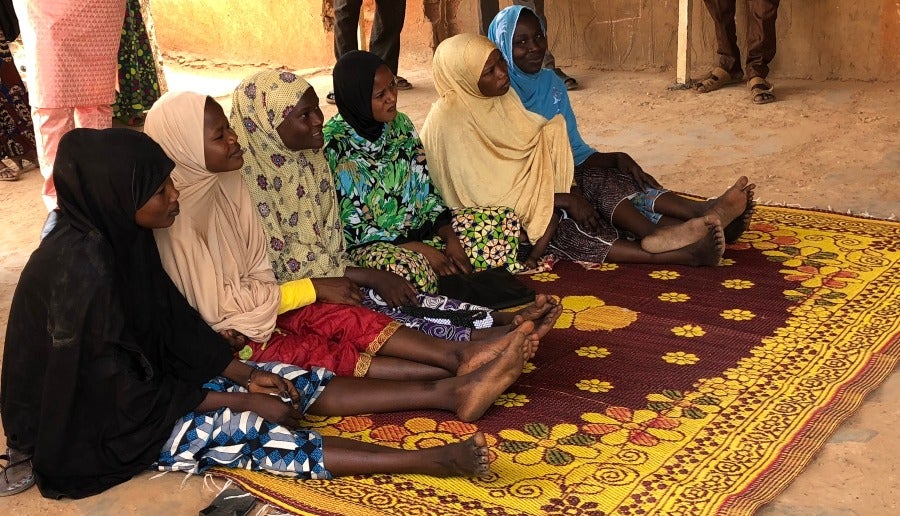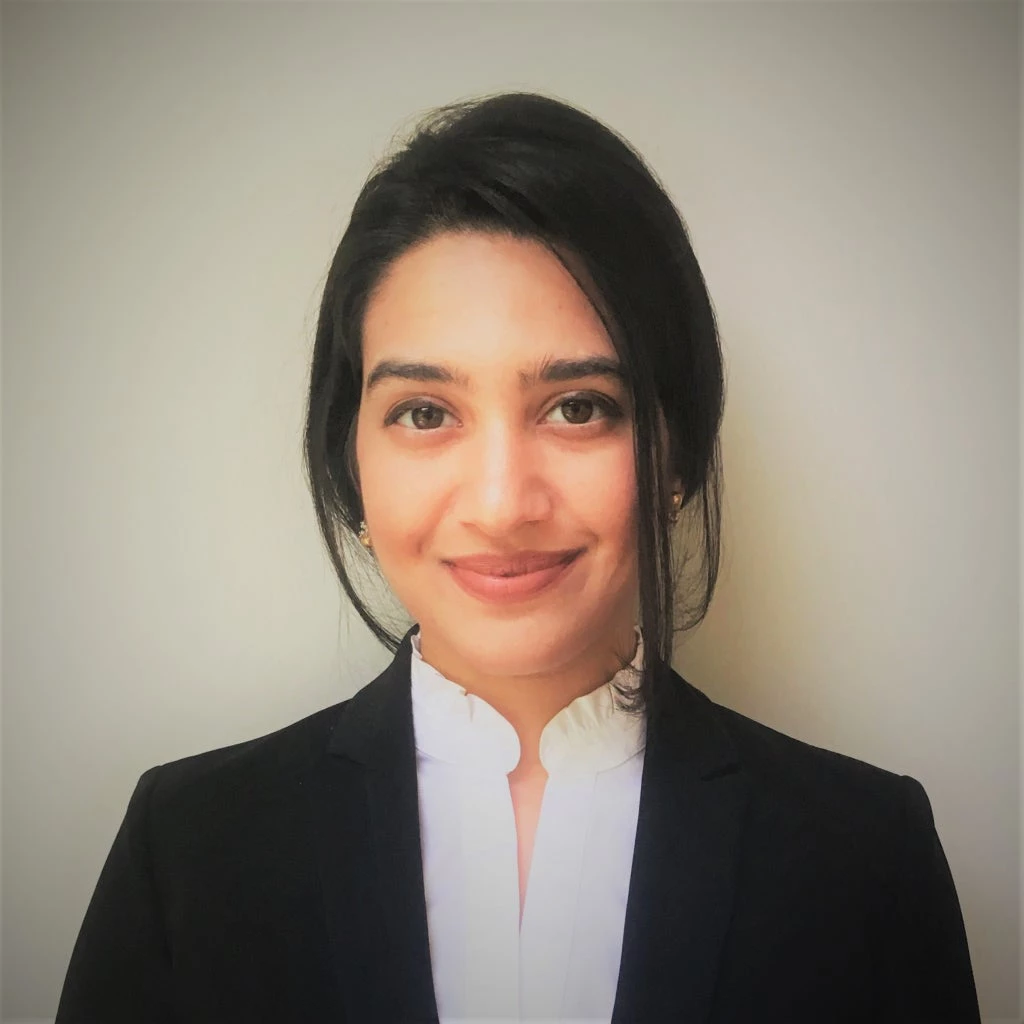The young Nigerien women pictured here are attending a girls-only safe space club, where they are learning about sexual and reproductive health, nutrition, gender awareness, decision making, negotiation and more.
A safe space is a low-cost community-based intervention that has contributed to drastic decreases in teenage pregnancy and early marriage; and to increases in girls' engagement in income-generating activities and returning to school.
Simultaneously, thousands of young boys and men have contributed to discussions about reproductive, maternal, newborn, child and adolescent health; and about gender, power, and healthy couple dynamics as brothers, husbands and fathers.
International Women’s Day celebrates the social, economic, and political achievements of women, and places a much-needed spotlight on women’s health and equal participation in society.
Still, in many Sub-Saharan countries, women face social, cultural and economic disadvantages. If empowered to participate more fully when it comes to their health, education and finances, women could substantially contribute to economic growth for households and countries. In fact, this study links women’s health, nutrition, well-being, and other factors to a $172 trillion ‘gender dividend’ if income parity and equality in health, education and other factors were to be achieved.
This snapshot is one example of work by the Sahel Women's Empowerment and Demographic Dividend project (SWEDD). This World Bank project was initiated at the request of several Sub-Saharan countries to increase women’s empowerment, access to reproductive, child and maternal health services, and quality education.
Learn more about the project here.



Join the Conversation